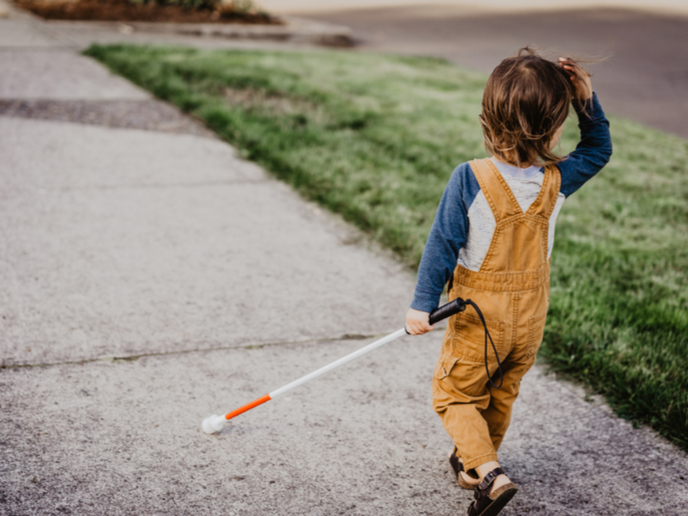Catching up with ABBI: Commercialisation beckons for the unique bracelet for visually-impaired children
The Audio Bracelet for Blind Interactions (ABBI) is a pioneering device that is specifically designed with children in mind and thus its simplicity was a key factor – worn on the child’s wrist and being not much bigger than a wristwatch, the device, once worn, starts sensing body motion, providing the user with spatial information on where the movement is taking place with a series of sounds. When worn by many people, – the child’s immediate family for example – it provides a better sense of events and improves the social skills of the visually impaired. The ABBI-K leads the way Dr Gori had previously told us that the project team had hoped for full commercialisation within a year, and with the successful end of the ABBI clinical trial and the ‘ABBI-K’ kit (containing the ABBI wrist device and a set of speakers) soon to be distributed to hospitals and rehabilitation centres, it looks like they’re not far off the mark. “ABBI-K will help therapists to provide rehabilitation using the ABBI device in a simple and intuitive way,” comments Dr Gori. “We’re also finalising the procedure for the CE mark, so it seems we’re in a very good place right now!” Now she and her team are working on a comprehensive business plan for ABBI’s full market penetration. “We‘ve received some interest from an early-stage investor for supporting the commercialisation of ABBI and ABBI-K. We’re also currently working to finalise the agreement involving the future startup with my colleague Chiara Martolini,” Dr Gori explains. “This result was possibile thanks to the Technology Transfer Office within the Italian Institute of Technology (IIT). Several hospitals and rehabilitation centres in Italy have shown a big interest in our device and general approach.” Making ABBI go further Even with the great strides towards market entry, Dr Gori and her team are still determined to maximise ABBI’s great potential. “Up until now, we’ve only worked with ABBI on children above the age of three but I’m convinced that the use of ABBI could be crucial to improving spatial, manipulation and social skills for visually-impaired children in the crucial first three years of their lives,” says Dr Gori. “I plan to fully explore this notion further, especially due to the fact that, to date, there are only a few technological rehabilitative solutions developed for early intervention in young visually-impaired children.” So it seems the only way is up for ABBI. As Dr Gori concludes: “I think that the ABBI project opened a cascade of big opportunities for the rehabilitation of visually-impaired children.”
Countries
Italy



